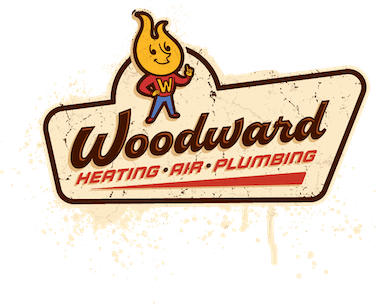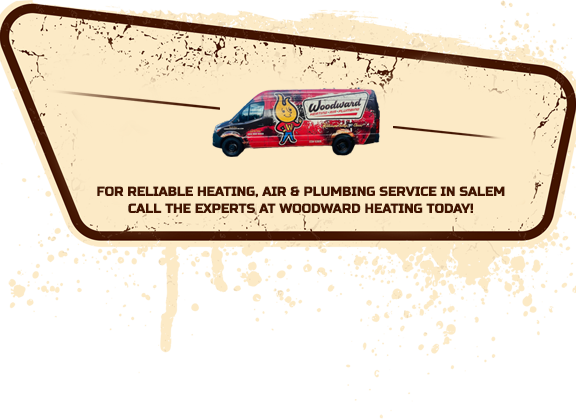Are you preparing to install a new furnace or replace your existing one? If so, then you might be wondering whether it would be better to install a gas furnace or an electric furnace. Both types have their advantages and drawbacks, so it always pays to do some research to determine which one will best meet your heating and budgetary needs.
To assist you in that research, we’ve broken down the basic characteristics, pros, and cons of gas furnaces and electric furnaces below.
How are gas furnaces and electric furnaces similar?
Both furnace types are forced heating systems: they both heated air and then distribute that heated air to different areas of your home through ductwork.
Which furnace type is more difficult to install?
Depending on your circumstances, a gas furnace might be a feasible option for your home. To power a gas furnace, you need a supply of natural gas. If your neighborhood is not equipped with any natural gas piping infrastructure, you’ll have to explore electric, propane, or fuel oil furnace options.
Most experts do not recommend installing either a gas or an electric furnace as a DIY project. Electric furnaces require high voltage to operate, so it’s best to rely on a professional to install the wiring that connects the furnace to your electrical panel.
A gas furnace installation also has its risks. A professional HVAC company must have technicians with the knowledge, training, and experience to work with natural gas (a flammable substance) and to seal any components that might leak carbon monoxide created during combustion.
Which furnace type costs more to purchase?
In general, an electric model will be less expensive to purchase than a gas model, ranging from a few hundred to a few thousand dollars less. Also, installing a gas furnace can be a complicated process, so the cost of installing a gas model tends to run higher than installing an electric one.
Which furnace type costs more to use?
This depends on a few different factors.
- Which utility costs more where you live? In most areas, natural gas is cheaper than electricity, making gas furnaces a much more affordable means to heat your home in the long run, especially if you own a large house (three bedrooms or more).
- How cold does it get where you live? Gas furnaces heat homes faster than electric furnaces because their flames produce heat that is hotter than the heat that electric coils produce. This means that a gas furnace does not need to run as long as an electric furnace does to warm up your home.
Which furnace type is more efficient?
You will get different answers to this question, depending on whether an expert is talking about the heating equipment itself or the heating equipment’s ability to warm up your home quickly and effectively.
In terms of the equipment itself, electric furnaces are often more efficient than gas furnaces. Some electric furnaces have an annual fuel-utilization-efficiency (AFUE) rating as high as 100 percent–meaning that 100 cents of every dollar you spend on operating your furnace go directly towards heating your home. Although some gas furnaces rate as high as 98 percent, the equipment still loses some heat, often through the furnace’s flue.
That being said, an electric furnace may not feel like it does as good of a job at heating your home as a gas furnace. As stated above, gas furnaces can produce hotter temperatures than electric furnaces, enabling them to warm your home up faster and also to a higher temperature during frigid conditions.
Which furnace type lasts longer?
In this category, electric furnaces almost always top gas furnaces. The average lifespan for an electric furnace is 20 to 30 years. The average lifespan for a gas furnace is 10 to 20 years. Gas furnaces tend to require more routine maintenance to reach closer to that 20-year mark.
Which furnace type has more maintenance requirements?
An electric furnace generally requires less professional maintenance to keep it running safely and efficiently. Because gas furnaces operate using combustion, they release small amounts of carbon monoxide. Regular maintenance by a professional is necessary to ensure that the furnace is sealed properly and not leaking toxic combustion gases into your home.
As a full-service Salem HVAC contractor, Woodward Heating Air Plumbing can help you select the ideal furnace for your heating needs. Don’t hesitate to call our office at (503) 739-8035 or contact us online.





